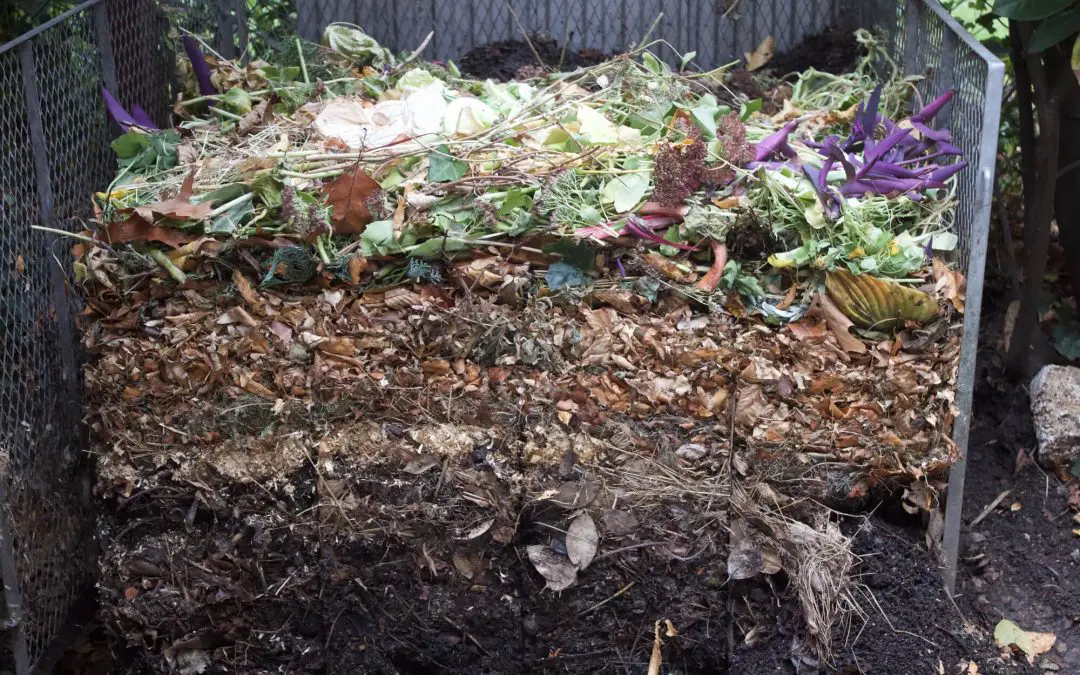Composting at home is one of the easiest and most effective ways to reduce household waste while creating nutrient-rich soil for your garden. Whether you have a large backyard or a small patio, composting can be tailored to fit your space and lifestyle. Once you get the basics down, it becomes second nature and provides a rewarding way to recycle organic matter.
Why Compost?
Every year, millions of pounds of food scraps and yard waste end up in landfills, which take up space and produce methane, a potent greenhouse gas. Composting helps break down these materials naturally, reducing waste while creating a rich, soil-like substance called humus. This humus improves soil structure, adds essential nutrients to plants, and helps retain moisture, which means healthier gardens and less reliance on chemical fertilizers.
Getting Started Composting at Home
The key to successful composting is balance. Your compost pile needs a mix of green materials, which provide nitrogen, and brown materials, which provide carbon. Green materials include fruit and vegetable scraps, coffee grounds, and grass clippings. Brown materials include dried leaves, cardboard, and small branches. By maintaining the right balance of greens and browns, you’ll create an efficient system that breaks down waste quickly and minimizes odors.
Choosing the right composting method depends on your space and needs. If you have a backyard, a simple compost pile or bin will do the trick. If you’re in an apartment, a small indoor composting system or a worm bin (vermicomposting) might be a better fit. No matter which method you choose, proper aeration is important. Turning or stirring your compost regularly helps speed up the decomposition process and prevents unpleasant smells.
What to Compost and What to Avoid
Almost any organic material can be composted, but some items are better left out. Good composting materials include fruit and vegetable scraps, eggshells, coffee grounds, tea bags, shredded newspaper, and yard waste like grass clippings and leaves. Meat, dairy, oily foods, and pet waste should be avoided because they attract pests and take longer to break down.
One of the most common concerns people have when composting is the potential for foul odors. A properly maintained compost pile should have a mild, earthy smell. It may be too wet or have too much green material if it smells bad. Adding more brown materials and turning the pile more frequently can usually fix this issue.
The Benefits of Composting at Home
After a few months to a year, depending on conditions, your compost will be dark, crumbly, and rich in nutrients—ready to use in your garden. You can mix it into garden beds, use it as mulch, or add it to potted plants for an extra nutrient boost. This reduces the need for chemical fertilizers and helps improve soil structure and water retention, making plants healthier and more resilient.
Composting at home is a simple yet powerful way to reduce waste and enrich your garden. With a little effort and patience, you’ll turn everyday scraps into something beneficial for the environment and your plants. Give it a try, and you’ll see firsthand how rewarding it can be!
AWP Home Inspections offers professional home inspection services in West Central and Central Indiana. Our team is dedicated to providing information so you can feel confident about your property’s condition. Contact us to request an appointment.

